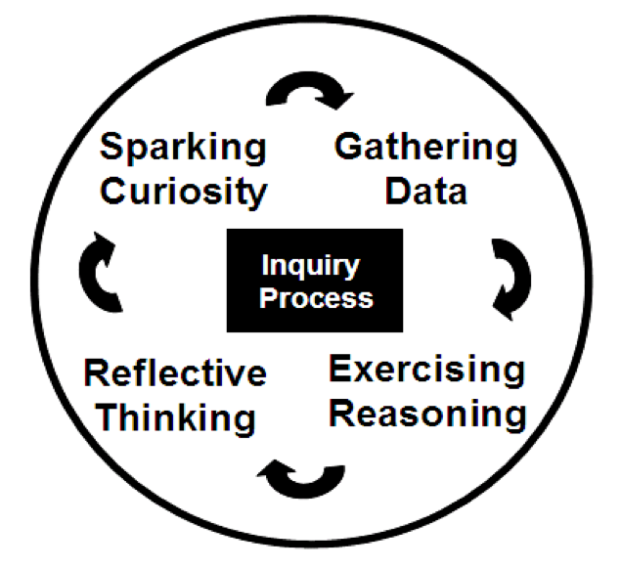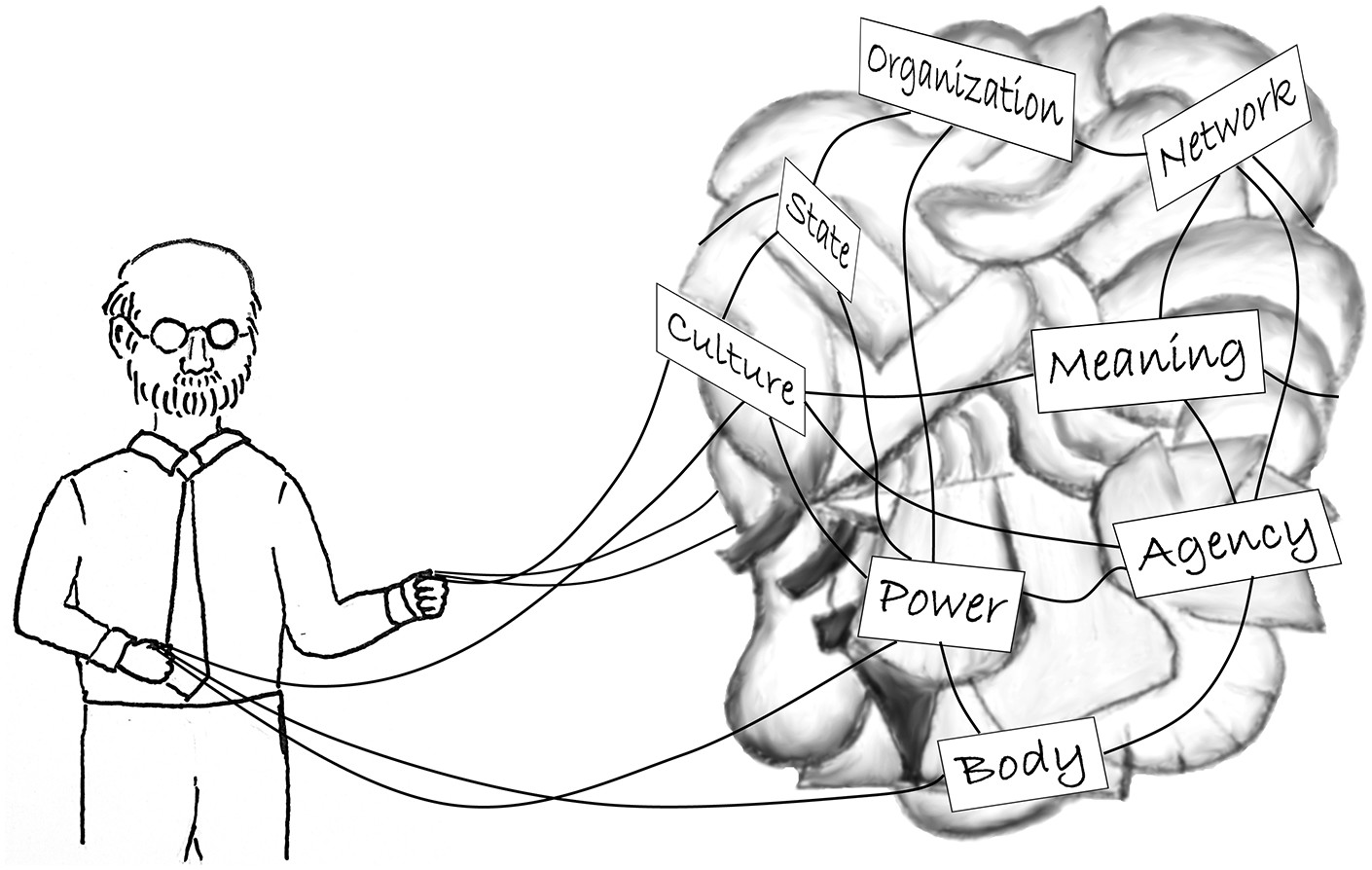✍Definitions of qualitative research✍
As the area of qualitative research is vast, different Scholars have given different definitions of the same. Here are several definitions of qualitative research from various scholars and sources:
Creswell (2007): "Qualitative research is an inquiry process of understanding based on distinct methodological traditions of inquiry that explore a social or human problem. The researcher builds a complex, holistic picture, analyzes words, reports detailed informants' views, and conducts the study in a natural setting."
Marshall and Rossman (2016): "Qualitative research is an umbrella term for an array of attitudes toward and strategies for conducting inquiries that are aimed at discerning how human beings understand, experience, interpret, and produce the social world."
Merriam (2009): "Qualitative research is an umbrella term that refers to several research strategies used to gain an understanding of social phenomena from the participants' perspective."
Patton (2002): "Qualitative research is a means for exploring and understanding the meaning individuals or groups ascribe to a social or human problem. The process of research involves emerging questions and procedures, data typically collected in the participant's setting, data analysis inductively building from particulars to general themes, and the researcher making interpretations of the meaning of the data."
Denzin and Lincoln (2011): "Qualitative research is a situated activity that locates the observer in the world. It consists of a set of interpretive, material practices that make the world visible. These practices transform the world. They turn the world into a series of representations, including field notes, interviews, conversations, photographs, recordings, and memos to the self."
Meaning of qualitative research✍
These definitions highlight the essence of qualitative research as a methodological approach aimed at understanding social phenomena through the exploration of meanings, perspectives, and experiences of individuals or groups within their natural context.
We can say that the specific behaviours and practices of an individual or social group are studied in qualitative research in normal and real situations to understand:
- How does an individual understand his surroundings and environment?
- What is his understanding regarding his behaviours, interactions, and practices in the context of his environment and situation?
- What is his perception regarding his behaviours and dealings in the context of his environment and situation? and
- What does he think about his behaviours and practices in the context of his environment and situation?
Qualitative research is based on phenomenological paradigms. Subjects themselves give meaning to their world, situations, behaviours, and dealings.
The researcher works as an instrument only to collect such meanings as data. He defines all these meanings in a real situation and interprets them. In this way, qualitative research does a holistic inquiry into any phenomenon by applying a naturalistic interpretative approach. It is not an observation, ethnographic study, documentary survey, anthropological research, or case study method.
***Next Characteristics of Qualitative Research✍















.png)
No comments:
Post a Comment